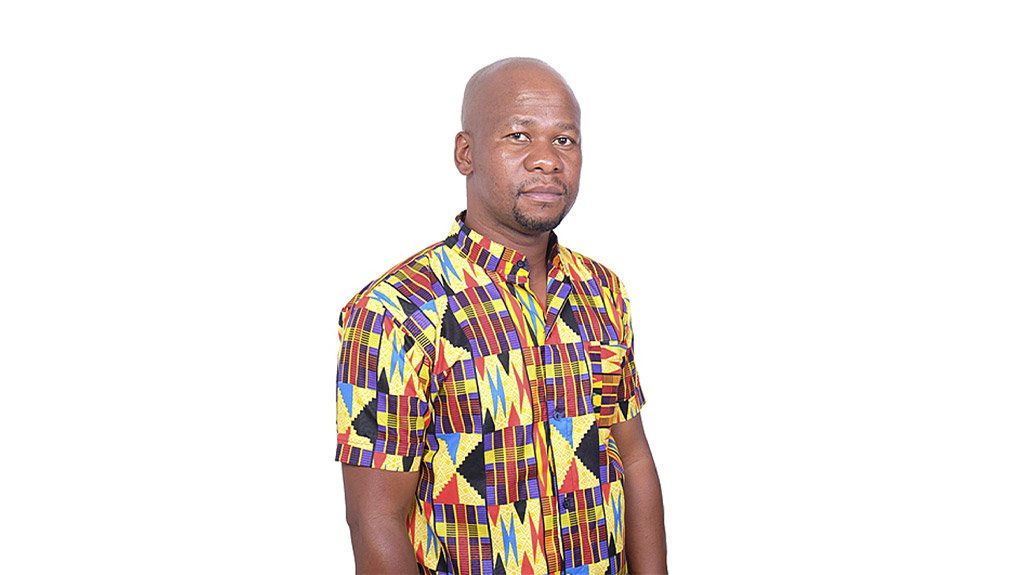Disclaimer: The views and opinions expressed in this article are those of the author's and do not necessarily reflect the official policy or position of Polity.
South Africa has recently hosted the 28th World Economic Forum on Africa in Cape Town under the theme “Shaping Inclusive Growth and Shared Futures in the Fourth Industrial Revolution (4IR)” and African countries were urged to jump on the opportunities of the 4IR as it promises gains in scientific knowledge, human health and economic growth and to vastly improve the lives of humanity. 4IR has taken centre stage as the propeller of the future development of humankind and is explained as the current and developing environment in which disruptive technologies and trends such as the Internet of Things, robotics, virtual reality, and artificial intelligence are changing the way we live and work.
One of the biggest challenges for African nations will be creating enough jobs for their rapidly growing populations. Africa’s working-age population is set to grow from one-billion in 2019 to 2.4-billion by 2050 and ensuring there are enough jobs is going to be difficult. While technology is promising to drive growth across the continent, there’s a danger it will also take jobs away from people, meaning Africa needs to find the right balance between maximising efficiency and creating job opportunities.
Earlier this year, President Cyril Ramaphosa, speaking at a conference at the University of Johannesburg where business, academia and civil society reflected on the past and the next 25 years of democracy, warned South Africans to brace themselves for mass job losses to technology with the implementation of the 4IR. As technology advances, more jobs will be automated, limiting the need for human input. It is not surprising to see the latest unemployment rate released by Statistics South Africa rising to 29.1 % in the third quarter, the highest it has been since the launch of the Quarterly Labour Force Survey 11 years ago.
It is also bringing new technologies which process information faster, helping to speed up health services and improving agricultural outputs and creating new jobs which didn’t exist 20 years ago. However, critics hit out at the level of automation, robots and computers performing so many human jobs, because many jobs are disappearing. For example, the South African banking sector is digitising operations in pursuit of ways to lower costs by maximising online banking and minimising face to face banking.
It has recently been reported that Standard Bank has closed 91 branches and retrenched 1 200 workers and Nedbank is in talks with 1 500 employees over potential job cuts. Further, MultiChoice Call Centre downed tools in protest over 2 194 planned job cuts. MultiChoice said this was to roll out new automated technologies and that the “realignment” was in response to the “changing behaviour of its customers”, who were increasingly “moving away from traditional voice calls and visits to walk-in centres and adopting new self-service and digital technologies to engage with the company”.
Earlier this year Communications Minister Stella Ndabeni-Abrahams speaking at Uber's Tech4Safety Summit said South Africans should embrace technological advancements and not fear losing jobs because of the 4IR, adding that one of the responsibilities of her department was to create an enabling environment for the industry to make sure that 20-million unconnected people are connected to WiFi.
For South Africa to benefit from the revolution it must upskill and reskill current employees to ensure they remain relevant in the workplace, bring young people online and reduce the cost of data as mobile prepaid data prices in South Africa are the highest when benchmarked against other African countries according to the Competition Commission.
Meanwhile, the National Economic Development and Labour Council (NEDLAC) published a report on the future of work in South Africa and concluded that there is a pressing need for education from pre-school level to postgraduate level to be "re-imagined". The education programme in SA must incorporate emerging skills requirements with a particular emphasis placed on lifelong learning.
Professor Tshilidzi Marwala of University of Johannesburg who is also deputy chairman of the Presidential Commission on the Fourth Industrial Revolution concurs with the NEDLAC report, writing that it is vital for African countries to collectively create a few elite institutions that will drive the African continent into the 4IR. These elite institutes should not be limited to higher education only but must also focus on primary and secondary education. For South Africa to benefit it needs multi-disciplinary education that capacitates its people with the required skills sets to tackle the challenges posed by the 4IR.
One of South Africa’s challenges continues to be the shortage of physical infrastructure in the rural areas, access to Internet, high data costs and unskilled labour all of which will make the 4IR difficult to implement. Like it or not 4IR is here to stay and it is disrupting industries across South Africa. How South Africa manages the disruption is key to the survival of the economy and employment.
Written by Lazarus Tshwari, Director and Media Analyst at Critical Media
EMAIL THIS ARTICLE SAVE THIS ARTICLE ARTICLE ENQUIRY
To subscribe email subscriptions@creamermedia.co.za or click here
To advertise email advertising@creamermedia.co.za or click here











